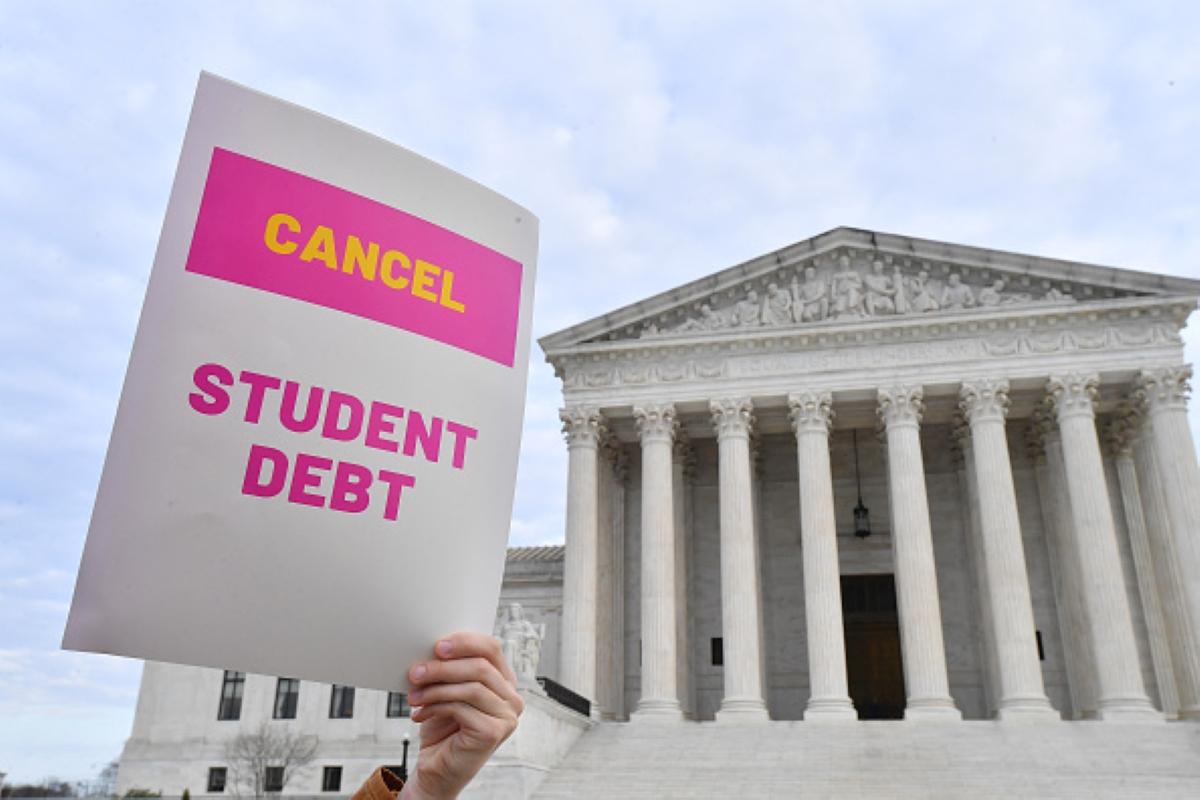Deferment vs. Forbearance for Student Loans — Understand the Differences
Graduation is amazing, but the debt is daunting. If you're struggling to repay student loans, you may want to consider deferment vs. forbearance.
March 29 2023, Published 4:47 p.m. ET
If you find yourself struggling to make timely payments on your student loans, you’re not alone. Between high inflation, layoffs, sky-high interest rates, and continued economic uncertainty, many people are looking for ways to postpone or eliminate certain types of debt, including student loans.
So, if you find yourself looking for alternative ways to delay the repayment of your student loans, you have options. Let’s explore the difference between deferment vs. forbearance when it comes to student loans.
What is the difference between deferment vs. forbearance?
Deferment and forbearance are temporary options for borrowers who are struggling to make student loan payments. Even though both options let you pause, delay, or reduce your monthly payments, forbearance increases the amount you owe, while deferment can be interest-free for certain types of federal loans.
When choosing between deferment versus forbearance, consider your financial situation. While deferment and forbearance provide temporary relief, take note of loan balance and interest rates.
What does it mean to defer your loans?
Deference means you can pause payments on your student loans without accruing any additional interest. This option works best if you’re deferring a subsidized federal student loan or subsidized consolidation loan.
Acceptable reasons to defer a loan include losing your job, undergoing cancer treatment, going back to school, joining the Peace Corps, or experiencing financial hardship.
What does it mean to put your loans in forbearance?
Like deferment, student loan forbearance also lets you temporarily pause monthly payments for a variety of reasons. There are two different types of forbearance: mandatory and general.
- With mandatory forbearance, your loan servicer is required to help if you're in the AmeriCorps, a medical or dental internship or residency program, serving in the National Guard, qualify for the Teacher Loan Forgiveness Program, or your monthly payment is more than 20 percent of your gross monthly income.
- General forbearance is also referred to as “discretionary forbearance” because your loan servicer can decide to approve or decline your application. You can apply for this option if you’re having financial difficulties, buried under medical bills, recently got laid off and more.
Whether you go with mandatory or general forbearance, payments will only be paused for 12 months at a time. And keep in mind, if you have private student loans, you may not be eligible at all.
Which option is right for you?
If you need to take a break from your payments, deferment is a better option but you’ll have to qualify first. It also makes the most sense if you have subsidized federal student loans or Perkins loans since they won’t accrue interest during deferment.
If you don’t qualify for deferment and think your financial complications are only temporary, you should consider forbearance. If you have private student loans, it’s best to call your lender and find out what they can offer you.



